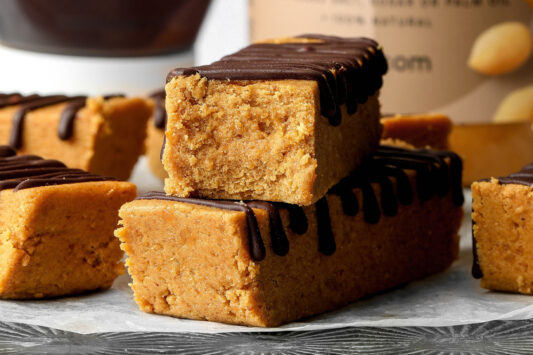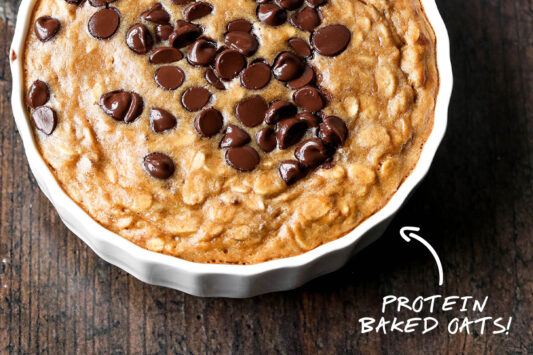There has been a myth circulating the health and fitness world for a while now that eating late at night causes us to gain weight. This article will discuss this concept, identify the truth, and give you some tips to avoid any unwanted weight gain!
Explaining the Myth
Naturally, when we go to sleep at night our metabolic rate will slow down. In some cases, our metabolism can decrease by up to 35% (Metabolism, 2009). It is this idea that certain fitness fanatics suggest causes us to gain weight. They propose that if our metabolism has slowed, and we eat anything late at night before we go to bed, then we won’t break the food down efficiently and will store the food as fat. To many, this concept makes sense. However, it is not necessarily true. There is limited research that actually proves this, and the study that did try to prove the theory was performed on mice. Therefore, giving the research low credibility in human standings.
Why eating at night may make you put on weight
For a start, there are very few of us that decide to have a healthy, nutritious meal/snack late at night. Most of us are tired and lack motivation late in the evening, so the frequent thought process is to grab anything that’s in the cupboards which requires minimal preparation.
A lot of people will go for foods high in simple carbohydrates (high calories) such as sweets and chocolate or foods high in trans fats such as crisps or pizza. It is these types of meals that could cause individuals to put on weight.
It does not matter what time of the day you eat the food. If you consume high calorie, high trans-fat foods at any time of the day and don’t do sufficient exercise to burn this stored energy, then you will put on weight if this follows a medium to long term eating pattern. So snacking is the real enemy!
A second reason that late eaters may claim to gain weight more significantly than individuals who eat at a more regular time is actually related to breakfast the following day. Research has found that individuals who eat later at night are more likely to skip breakfast (Kutsuma et al, 2014) and it is skipping breakfast that is the issue. We all know that breakfast is the most important meal of the day and recent research definitely backs it. Skipping breakfast is associated with metabolic syndrome. Some symptoms of metabolic syndrome include; hypertension, high triglyceride levels, high blood sugar levels and excess body fat (Mayo Clinic, 2016). Individuals who skip breakfast are more likely to snack during the day and eat larger proportions of these snacks due to the hunger that has built up as a result of skipping breakfast. Your cornflakes are important people!
What can you late night eaters do?
Well, fortunately you can still eat at the time you do – that is not the issue. Just try to adapt what you eat. High protein/high fat (unsaturated) foods are good to go for. Chicken pieces, fish sticks, Greek yoghurt are just some of many examples of the foods that are high in protein or fat and also don’t require much/any preparation.
If you work out in the evening and have already had your evening meal, casein supplements are a great option alongside your diet due to its high protein concentration and the slow release complex which will aid muscle recovery and growth whilst you are sleeping.
Summary
It is the behaviour of what we eat, and how much we eat, that needs shaping, not when we eat. There is yet to be a lot more research carried out on the time of food consumption, but until research suggests otherwise – eat whenever you like! Just keep an eye on your calories in vs your calories out. As long as your calories in doesn’t exceed your calories out, your late night eating habits shouldn’t cause you any problems!
References
Annals of Nutrition and Metabolism, Vol. 55, No. 1-3, 2009.
Ayano Kutsuma, Kei Nakajima, and Kaname Suwa, “Potential Association between Breakfast Skipping and Concomitant Late-Night-Dinner Eating with Metabolic Syndrome and Proteinuria in the Japanese Population,” Scientifica, vol. 2014, Article ID 253581, 9 pages, 2014. doi:10.1155/2014/253581
Mayoclinic, www.mayoclinic.org, 2015.
About the Author
Connor Stead and Andrew Triggs are Sport and Exercise Science students who write about training, nutrition and supplementation in exercise. Their background in sport comes mainly from football where they coach and compete at university level. More recently, they have started giving training and nutritional advice through Instagram (@trainingwithscience).
















